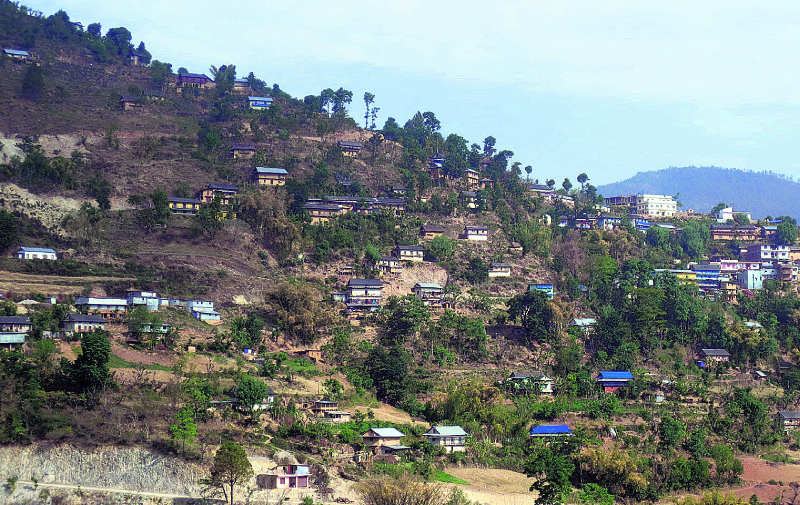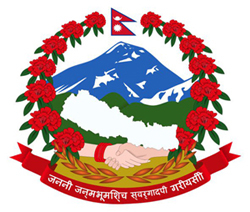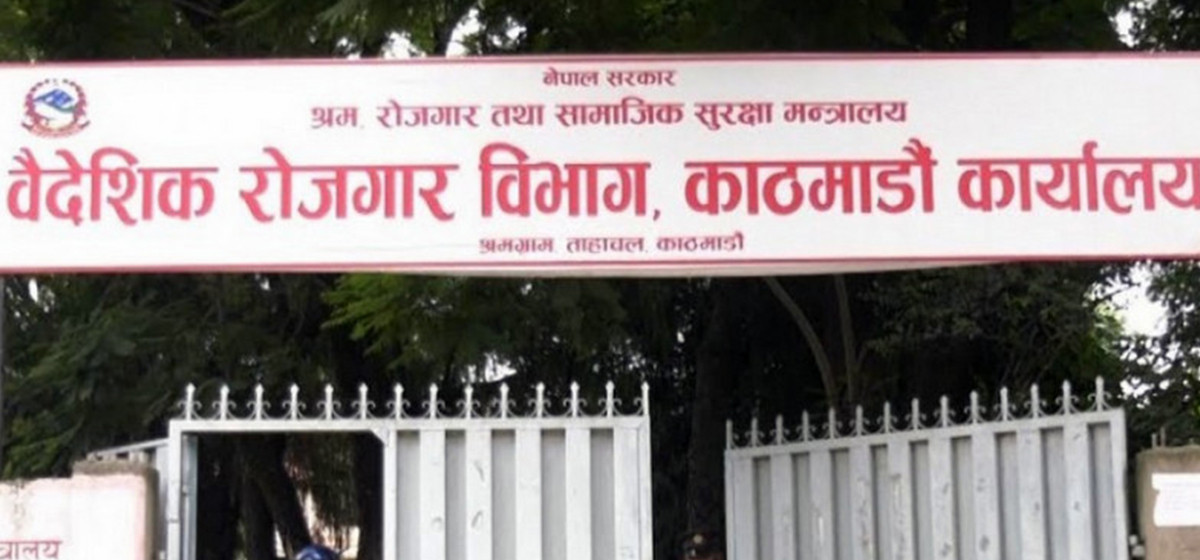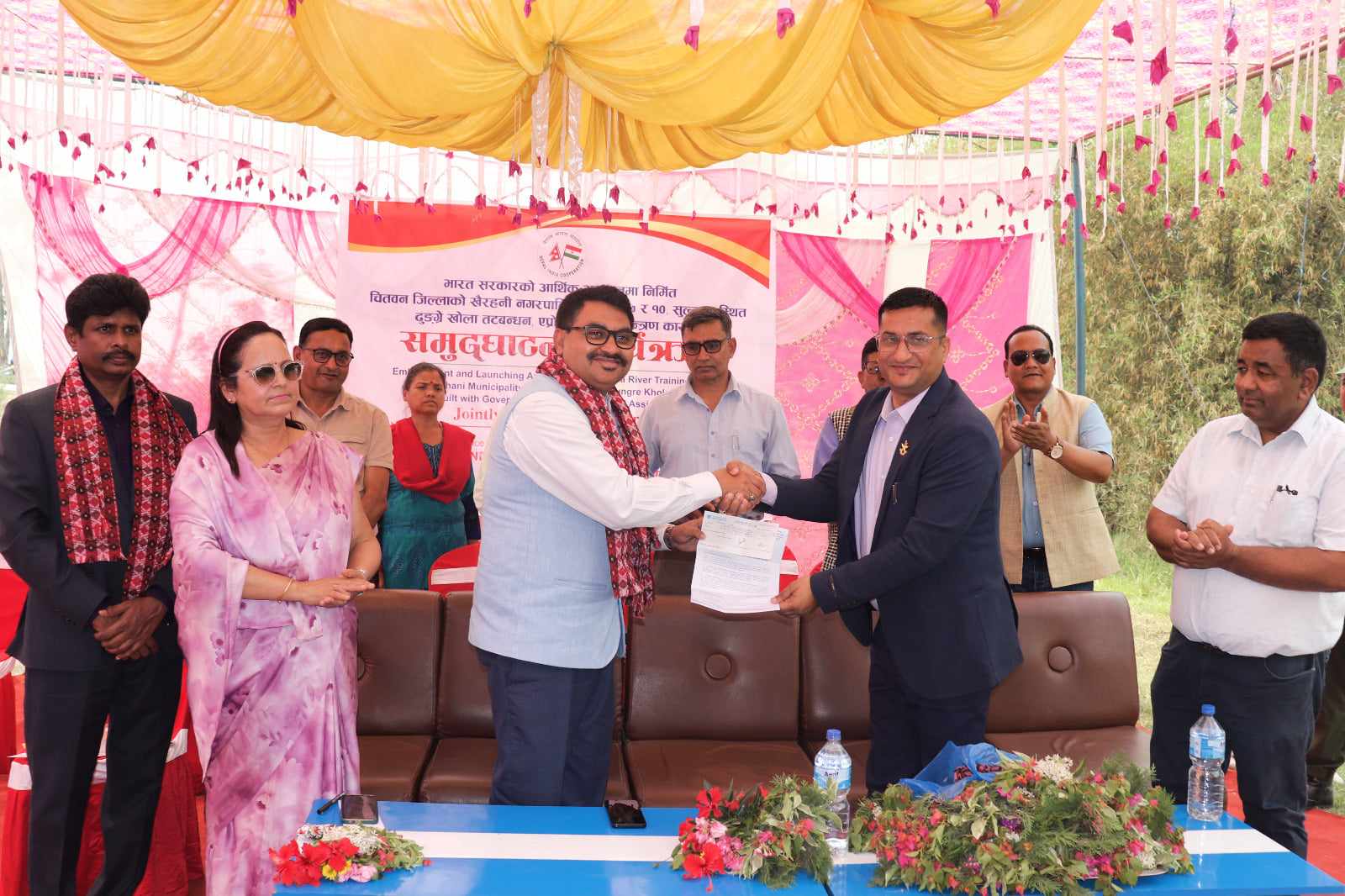
OR
Conflict-era land transactions challanged at court
Published On: June 3, 2017 11:33 AM NPT By: Dinesh Subedi

ROLPA, June 2: Tek Bahadur Damai, 30, bought a piece of land for Rs 50,000 in 2003. There was also a small hut in the land. The transaction was given legitimacy by the Maoist rebel led administration as the rebels run parallel government in the district in those days. Thirteen years down the line, Damai, a local of Ghartigaun, is now dragged into a legal battle. Its previous owner has filed case in district court accusing Damai of illegally occupying the land. The accusation comes at a time when property prices in the area, like elsewhere in the district, have skyrocketed.
“At the time, the Maoists told me that I need not worry about the legality of the transaction. They transferred ownership of the land and handed me the property ownership papers. The land owner himself had signed the papers,” said Damai, who looked quite exhausted when this scribe met him outside the Rolpa District Court last week. “There was a small thatched house in the property. It didn’t have roof. I repaired it and starting living with my family. Now after 13 years, the previous land owner is not respecting the deal and instead accusing me of holding the land illegally,” he lamented.
In a small plastic bag, Damai was carrying with him the land registration paper given to him by the Maoists led administration. Through these years he has always considered the papers as proof that he owns the land. “I spent Rs 50,000 in exchange of the land ownership. If the court does not deliver justice, I won’t have money to buy land or make house” he added.
Managing the funds for purchasing the property was huge challenge for Damai’s poor family. Born in a poor family Damai always struggled for earning a living. To arrange Rs 50,000 he had taken loan of Rs 30,000 and the rest he had managed to pay from all the savings he had managed to save from his work at a brick kiln in Kathmandu.
“I had struggled hard to save that amount by working in brick kiln in Kathmandu. I saved every penny I could in saving that Rs 20,000. But as that was not enough I had to take loans from relatives for purchasing the property,” he reported.
Damai was not given ownership papers of the land when he had originally purchased the land. These were handed to him by the Maoist administration after his repeated insistence.
He has the documents as proof of the transaction but the previous land owner’s claim that the property was taken from him on gunpoint has left Damai in the lurch.
Bal Prasad Kami, the earlier owner of the property, claims that he had to drag Damai to court because the property was taken from him forcefully. Talking with the scribe at the district court’s premises, he says that his hopes are pinned on the court’s decision.
“They had taken my thumb print on the paper on gun point. What would I do,” said Kami.
Prem Prakash Hamal, the lawyer who has been handling the case of Damai is not sure who would win the case. “If you look at the evidence, Kami is strong. But Damai’s family has been using the land and the case might turn in his favor. Let’s see,” he said.
Damai, accuses that Kami has dragged him to the court for claiming the land because the price of the property has sky rocketed in the recent years.
But Kami has different story. He said that he was working in India when the Maoists sold off his land to Damai in his absence. When he returned home, the Maoists threatened and forced him to sign the papers, he claimed.
“Even the said Rs 50,000 property was never given to my family. I had tried to take back my property earlier but Damai would not listen. I even offered Rs one million for settling the case. But he would not consider it so I had to come here for justice,” he added.
According to District Judge Kamal Prasad Gyawali, the court has been receiving such cases more often nowadays. “Of late, we have been receiving many cases of land transactions made during the conflict era.
At the time, the rebels authorized the transactions on behalf of land owners but now the previous land owners are reclaiming their rights on the property,” he said.
He said that in some cases both parties settle the dispute mutually but in some cases neither party shows willingness to settle it on mutually beneficial terms.
“In complicated cases, we see who is legally strong. The court decides on the basis of law and evidence,” Gyawali added.
You May Like This

Maoists preparing to validate conflict-era land deals
RUKUM / DANG, Dec 22: After achieving clean sweep victories in the local elections held earlier this year, the elected local... Read More...

CPN (Maoist Center) validating war-era land transactions in Rukum
RUKUM, June 7: The CPN (Maoist Center) has started validating the land transactions carried out under the then 'people's government' run... Read More...

Govt to levy CGT on land, building transactions of NGOs, firms
KATHMANDU, Aug 15: The government has made profit earned by firms and non-government organizations by selling land and buildings taxable... Read More...




Just In
- ‘Precast' technology introduced in the construction of bridges along Muglin-Pokhara road
- SC rejects writ petition filed against Home Minister Lamichhane
- Nepal and China sign two agreements in the presence of Finance Minister Pun
- Pun released on bail in Supreme Cooperative fraud case
- Govt should not look for enforcing populist budget for next FY: Former finance ministers
- DoFE requests relevant parties to provide essential facilities to foreign workers traveling abroad
- Foundation stone laid for building a school in Darchula with Indian financial assistance
- 151 projects to be showcased for FDI in Third Investment Summit















Leave A Comment